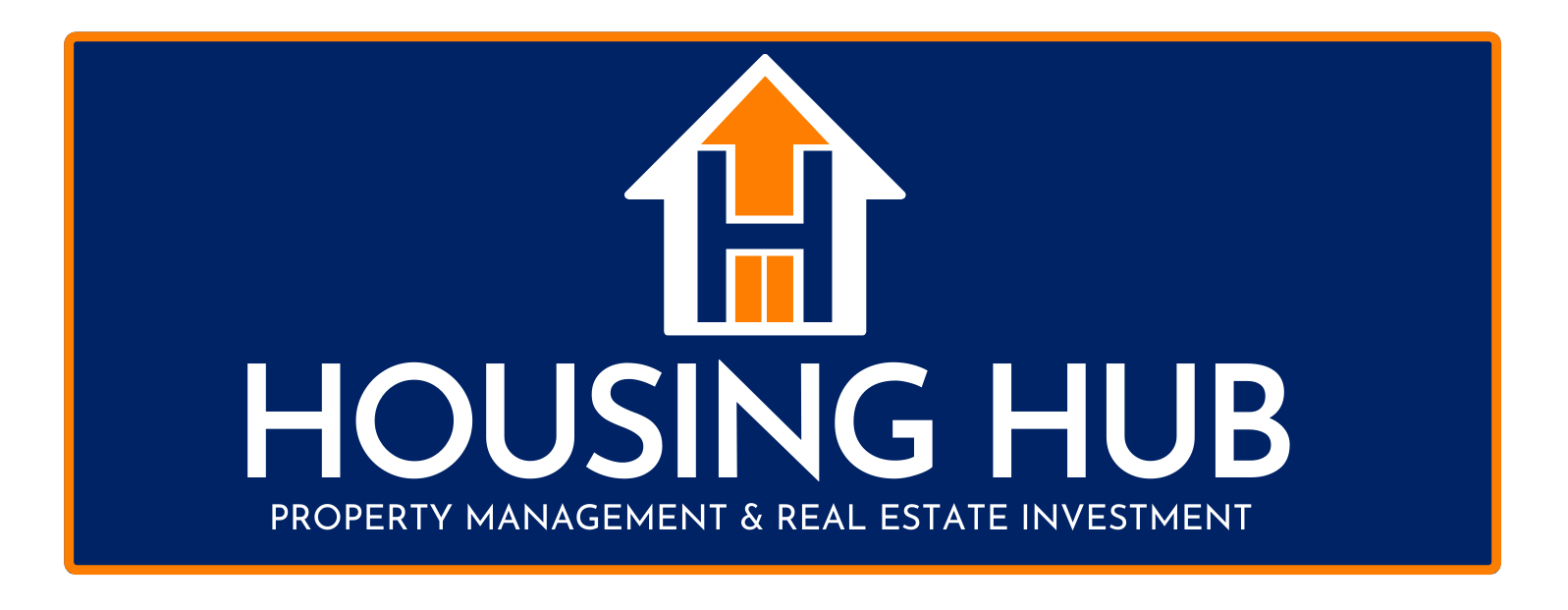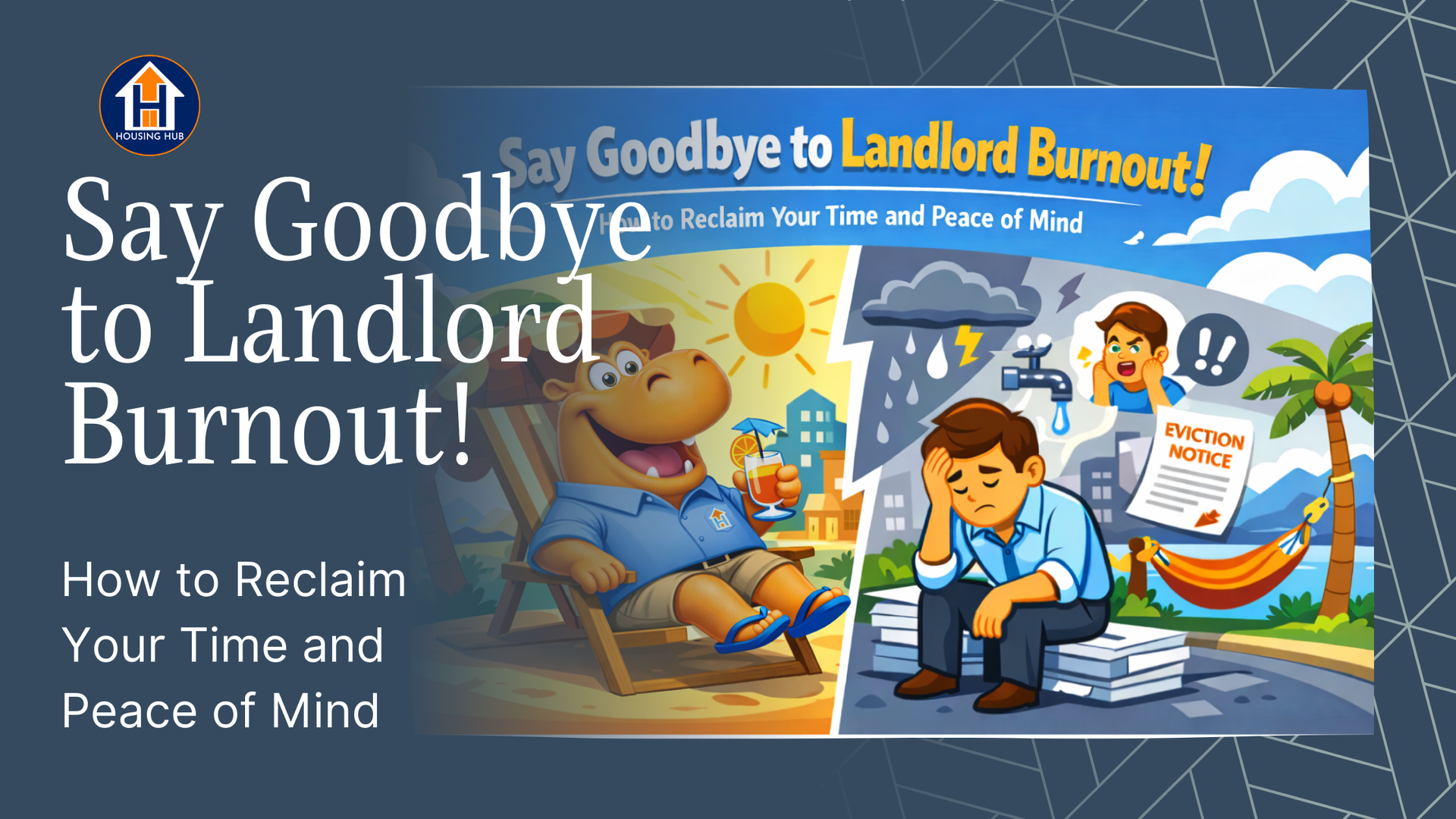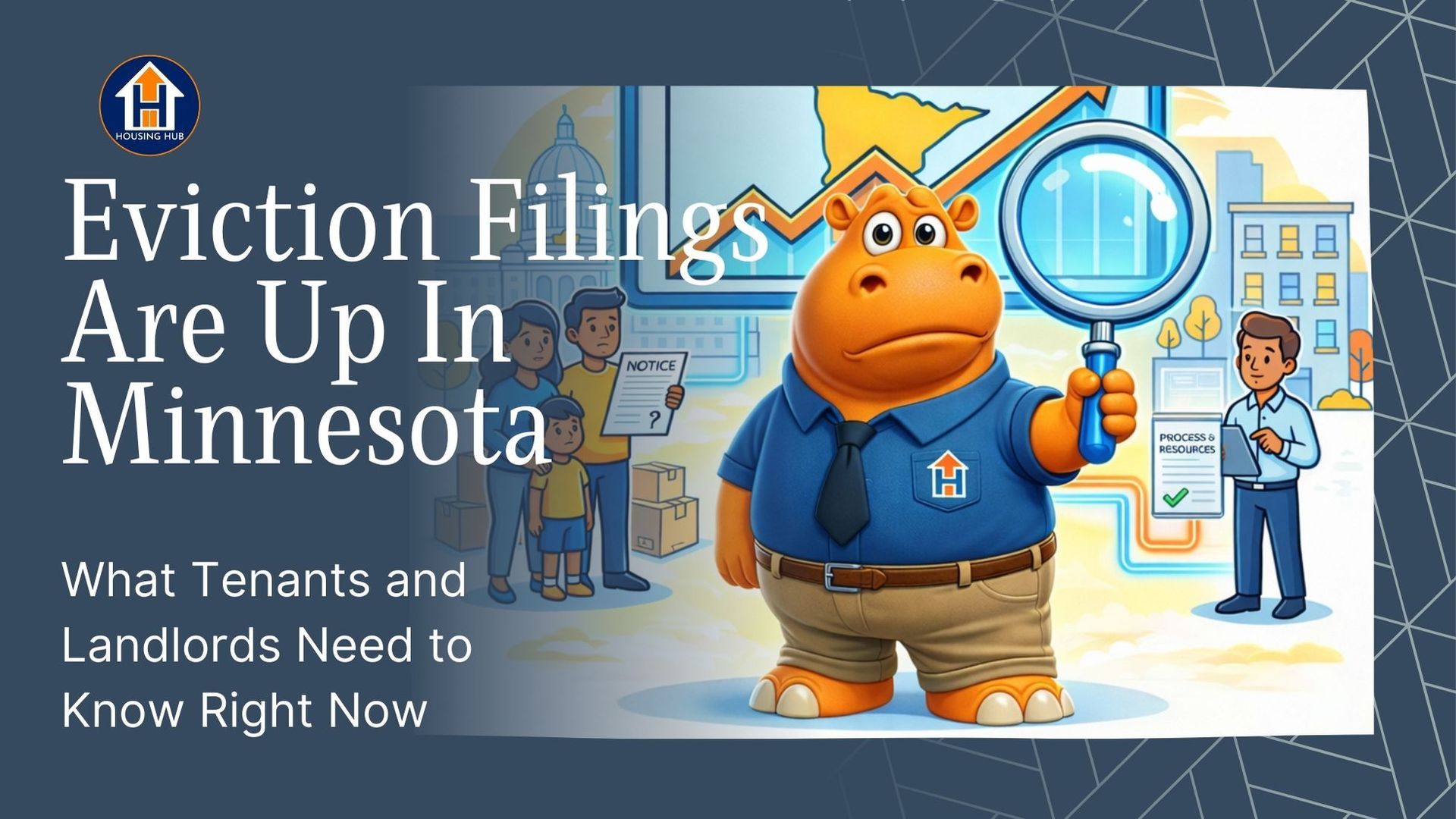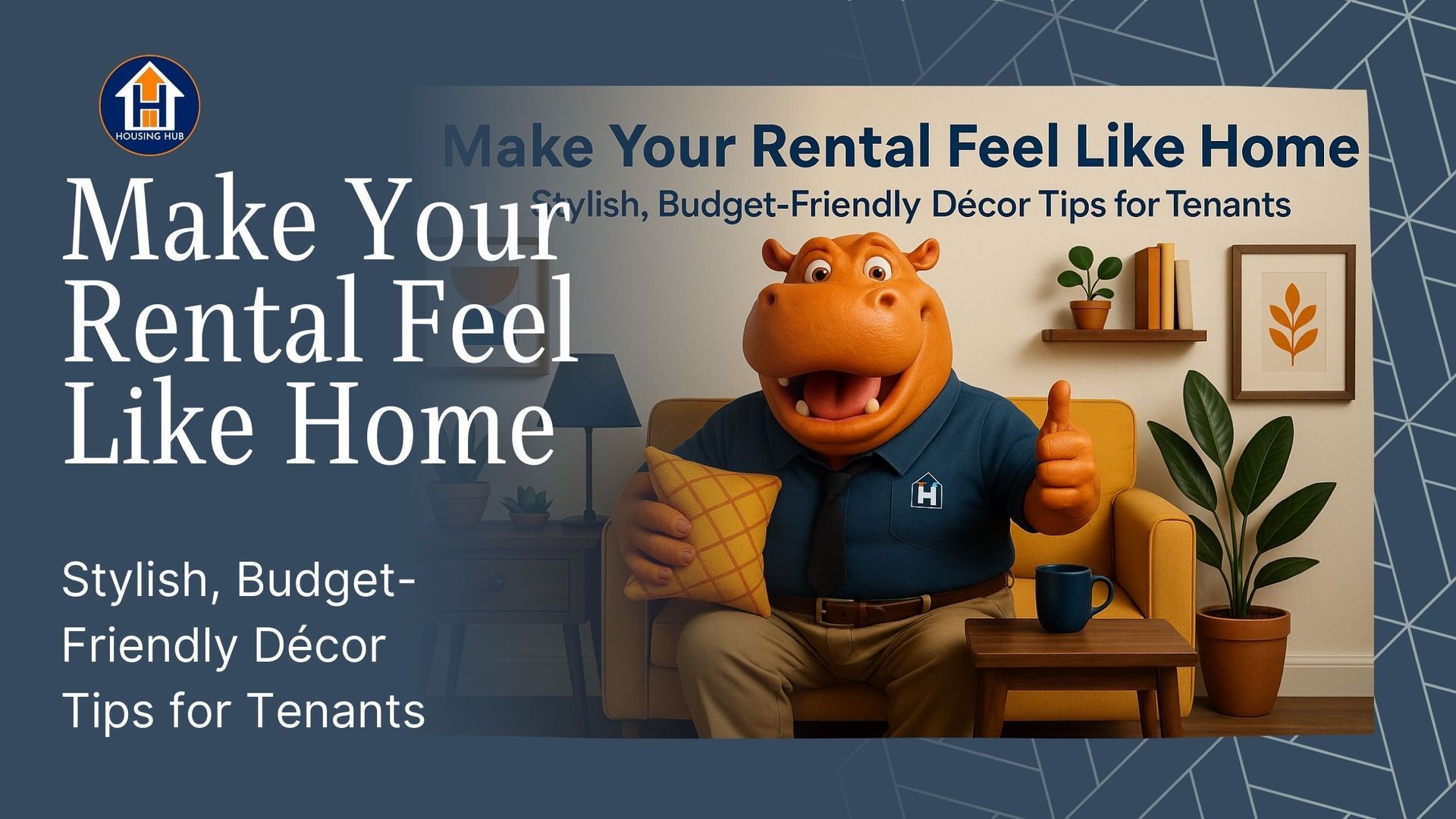What to Do When Tenants Stop Responding to Communications
Owning rental property can be rewarding, but sometimes you face challenges that aren't just about maintenance or collecting rent. One of the most frustrating situations is when tenants suddenly stop responding to your attempts at communication. You might find yourself wondering if they're ignoring you on purpose or whether something more serious is happening. In a busy city like St. Paul, with its mix of lively neighborhoods and diverse residents, clear communication is key to maintaining healthy landlord-tenant relationships.
Timely communication isn’t just a nicety in property management; it’s a necessity. Whether you're addressing minor issues or discussing lease renewals, being able to reach your tenants without delay is important for avoiding misunderstandings and managing your property effectively. Let's explore why tenants might stop responding and how you can navigate these communication roadblocks.
Possible Reasons Tenants Stop Communicating
It's not uncommon to run into communication snags with tenants. Understanding why this happens can help you respond more effectively. Here are a few reasons why your tenants might not be getting back to you:
- Personal Issues: Sometimes life gets in the way. Personal situations like family emergencies or health issues can prevent tenants from keeping up with communication.
- Dissatisfaction with the Property: If tenants have ongoing complaints about the property or feel their concerns aren't being addressed, they might choose to disengage instead of reaching out directly.
- Financial Struggles: Tenants facing financial difficulties might avoid communication out of fear or embarrassment, especially if they're behind on rent.
- Busy Schedules: In a dynamic city environment like St. Paul, tenants can simply be too busy with work or personal commitments to respond promptly.
- Miscommunication or Misunderstanding: Sometimes, tenants may not be aware of the urgency of your messages or might misinterpret their importance.
Knowing these potential causes puts you in a better position to handle the situation. The approach you take can make a significant difference in resolving the issue amicably.
Steps to Take When Tenants Are Unresponsive
When you find yourself in a spot where tenants aren't responding, having a plan in place can keep you on track. Here are some steps you might consider:
1. Initial Steps:
- Send a friendly reminder email, gently prompting them to reach out. Use a polite tone that shows your willingness to assist.
- Try a text message if emails aren't working, as a quick ping on their phone might get a faster response.
2. Escalation:
- If the initial attempts fail, a phone call can be the next step. This might feel more direct and personal, encouraging the tenant to engage.
- Consider sending a certified letter if contact is still not made. This adds a layer of seriousness and can serve as documented proof of your efforts.
3. Professional Help:
- At times, it might be beneficial to involve a property management company. With their expertise and resources, they can assist in re-establishing communication and resolving outstanding issues.
Taking measured steps not only demonstrates your commitment to upholding the rental agreement but also shows your tenants that you value open communication. By addressing unresponsiveness thoughtfully, you build a more cooperative relationship over time.
Preventative Measures for the Future
Creating a strong foundation for communication can help prevent unresponsiveness later on. One way to do this is by establishing clear communication guidelines from the start. By setting expectations for how often and through which channels communication should occur, you can remove uncertainty from the equation. For example, during lease signing, discuss preferred ways to contact each other and include this in the lease agreement.
Regular check-ins with tenants can also be a simple yet effective method to maintain open lines of communication. Consider scheduling periodic, non-intrusive check-ins, perhaps quarterly, to discuss any concerns or simply touch base about existing arrangements. This proactive approach not only helps in catching issues before they escalate but also builds a sense of trust and community between you and your tenants.
Engaging a property management service can further enhance communication practices. Professionals know how to keep interactions efficient and friendly, ensuring that even if tenants have issues, they feel comfortable reaching out. This can be especially helpful in a vibrant place like St. Paul, where diverse tenant backgrounds might call for a more nuanced communication approach.
Addressing Legal Considerations
When communication stalls completely, understanding the legal landscape becomes necessary. Tenants have rights related to privacy and communication that vary by location, so it's important to familiarize yourself with Minnesota tenant laws. Keeping these legal considerations in mind can help you avoid actions that might infringe on their rights, such as excessive demands for responses or unauthorized entries.
If a tenant remains unresponsive despite your best efforts, there are legal avenues you might explore. This can include sending a formal notice, often a necessary precursor to eviction proceedings, if their unresponsiveness relates to significant lease violations like unpaid rent. Consulting with legal counsel can also guide you through the steps you can take without stepping on legal boundaries.
Finding the Balance: Tenant Communication Strategies
Striking the right balance between assertiveness and empathy in your communication strategy is crucial. A firm, yet understanding approach often encourages tenants to be more open and responsive. Your communication should convey that you respect their time and circumstances while making clear the importance of addressing property matters promptly.
Investing in modern communication tools like tenant portals and messaging apps can simplify this process. These tools can provide a centralized place for communications, making it easier to keep track of conversations and ensure messages don’t get lost in the shuffle.
Wrapping Up: Ensuring Effective Communication with Tenants
Successfully managing rental properties requires fostering healthy communication habits with your tenants. By understanding the reasons behind unresponsiveness and taking strategic steps to address them, landlords can ease maintenance, prevent disputes, and preserve the overall health of their rental portfolio.
In the end, fostering a cooperative relationship pays off for everyone involved. Open communication cultivates trust, reduces misunderstandings, and creates a more supportive and harmonious living environment for tenants. As you continue to improve how you connect with your tenants, you'll find that these efforts can make your property management experience not just efficient, but genuinely rewarding.
Success in managing rental properties often boils down to cultivating a professional yet approachable relationship with your tenants. By maintaining open lines of communication at all times, you strengthen trust and mutual cooperation, which leads to long-term benefits. If you'd like more support with tenant relations or need an expert hand managing your properties, explore how property management companies in St. Paul can assist. At Housing Hub, we're committed to helping you enhance these essential connections.






